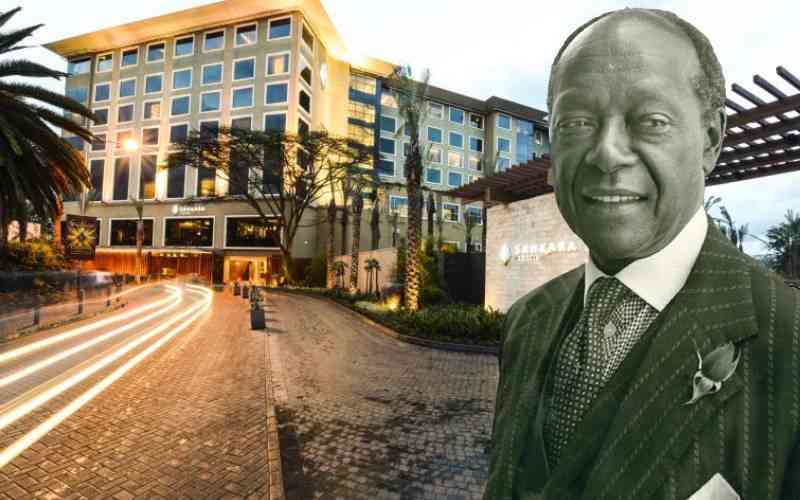×
The Standard e-Paper
Home To Bold Columnists

The Kariakor Hindu Crematorium chimney steadily released smoke that curled outwards into the blue skies as the fires consumed the flesh and bones of the Duke of Kabeteshire, Charles Njonjo.
The smoke, the fire and the ashes marked the end of the life of Kenya's first Attorney General, who was aged 101. Cremation was one of Njonjo's last documented wishes.